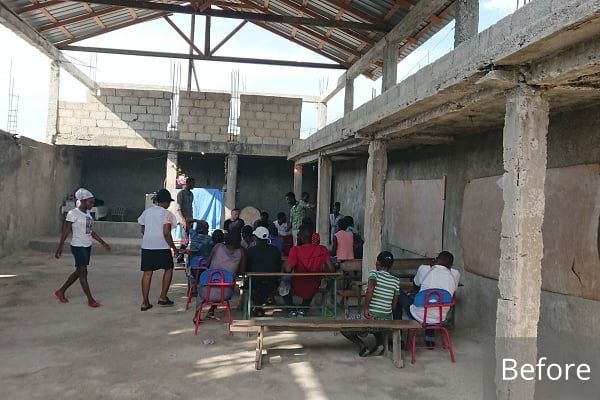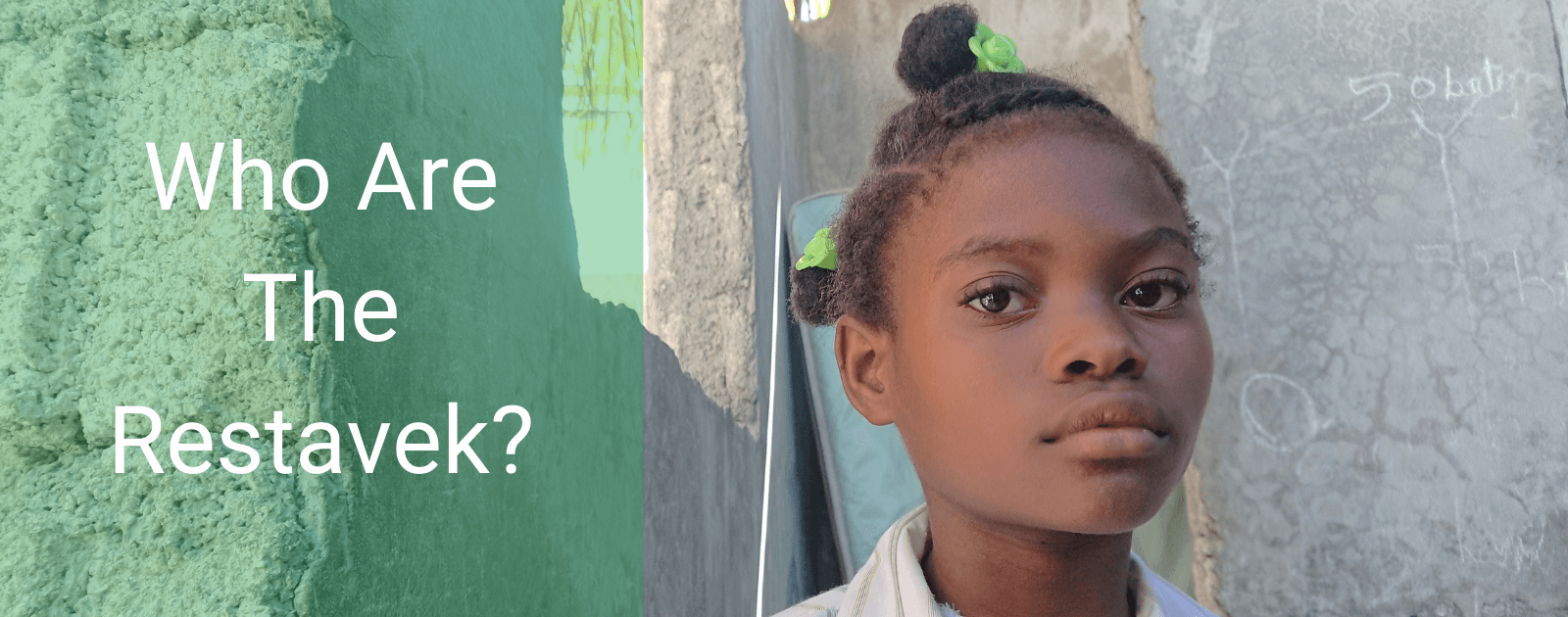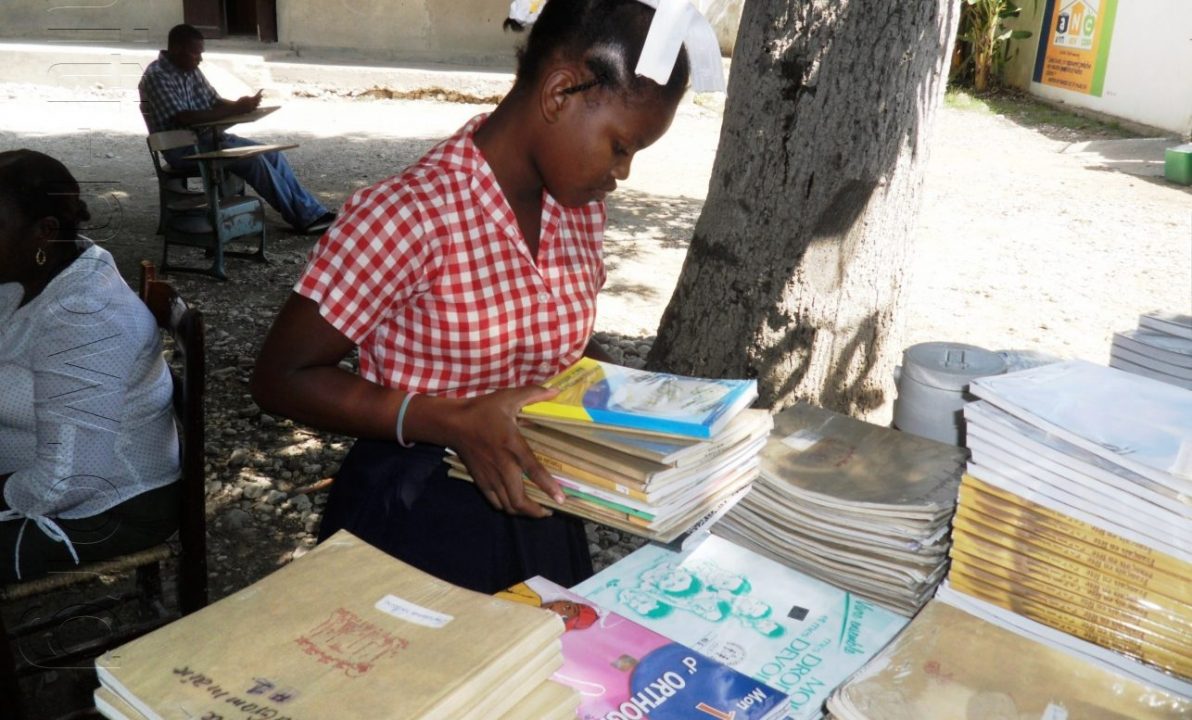Education in the metaverse and Haiti
However, there are also opportunities for Haiti to use the metaverse for education, such as providing access to world-class teachers and resources, creating more immersive and interactive learning experiences, and making content more relevant to the culture of children in extreme poverty. By addressing these challenges, the metaverse could be a powerful tool to help children in extreme poverty in Haiti get a better education.




